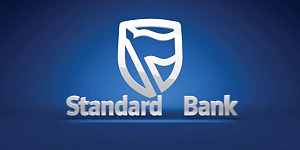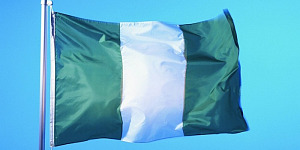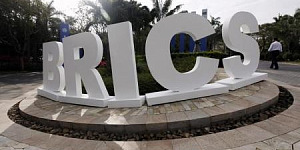Inflation in Nigeria rose to a more than six-year high in May, hitting 15.6 percent, the National Bureau of Statistics said on Tuesday.
The rise in the headline consumer price index, which measures inflation, accelerated by 1.9 points from its April year-on-year level of 13.7 percent, the NBS said in an emailed statement.
The rate is the highest since February 2010, when inflation also stood at 15.6 percent, according to the Central Bank of Nigeria (CBN).
The NBS attributed the rise to “an overall increase in general price level across the economy”, which has been battered by the global fall in oil prices since mid-2014.
Food continued to be more expensive, with overall prices rising 14.9 percent year-on-year from 13.2 percent in April. The NBS blamed “a drawdown of inventories across the country”.
Imported food was up 18.6 percent, indicating persistent difficulties for importers to source foreign exchange because of the weak naira.
The CBN has pegged the naira at 199 to the US dollar since March last year but has come under pressure to devalue the currency further.
Black market rates have seen the naira slump to as low as 365 to the dollar this week. A decision on a possible dual exchange-rate system is expected in the coming days.
On Tuesday, President Muhammadu Buhari said he backed the move to “greater flexibility” in forex policy, calling it “a downpayment on our people’s ability to succeed”.
He is keen to ween Nigeria off its dependency on oil, which normally accounts for 70 percent of government revenue, as well as imports.
But with the CBN governor Godwin Emefiele warning of an imminent recession and crude production hit by militancy in the Niger delta, he faces a challenge to get the economy moving again.






































